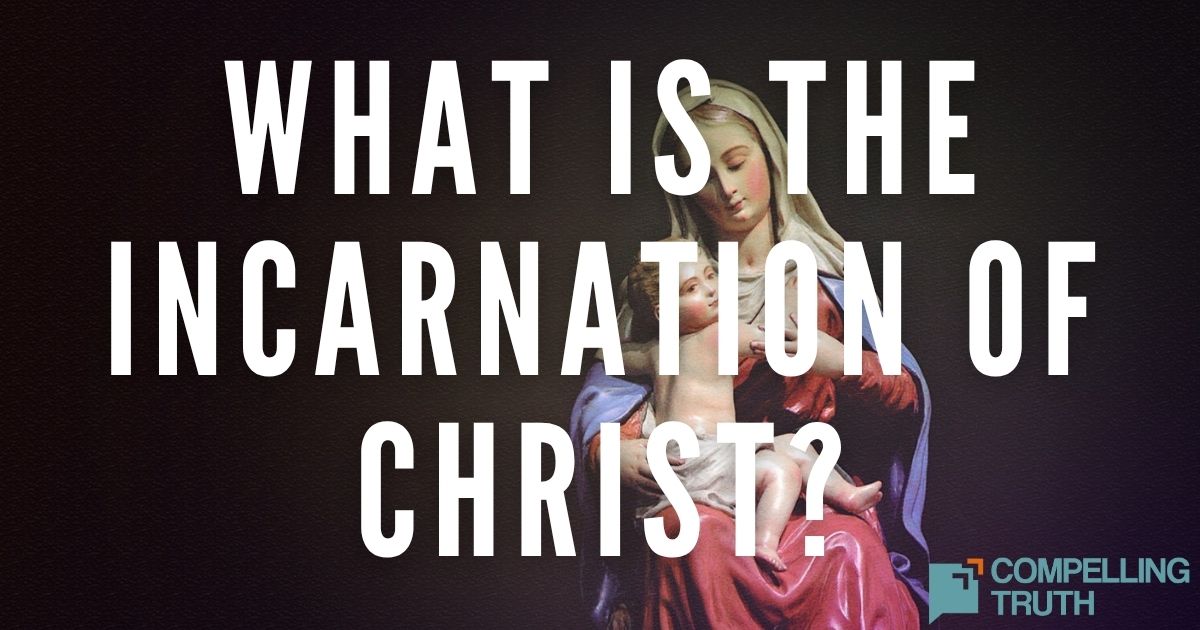what does the bible say?
It matters that Jesus is God in the flesh because only a perfect, divine sacrifice could atone for the sins of the world, fulfilling the Old Testament requirements for a spotless offering. As both fully God and fully human, Jesus uniquely understands our human experience, including temptation, and yet lived without sin, qualifying Him to be the perfect Savior. His divinity ensures that His sacrifice is sufficient for all who seek salvation, offering victory over sin and death. What each person believes about Jesus's true identity determines his/her eternal destination—those who accept His sacrifice, believing Jesus is God in the flesh who died for our sins and rose back to life in power, will spend eternity with Him; those who reject these truths will spend eternity separated from Him.




